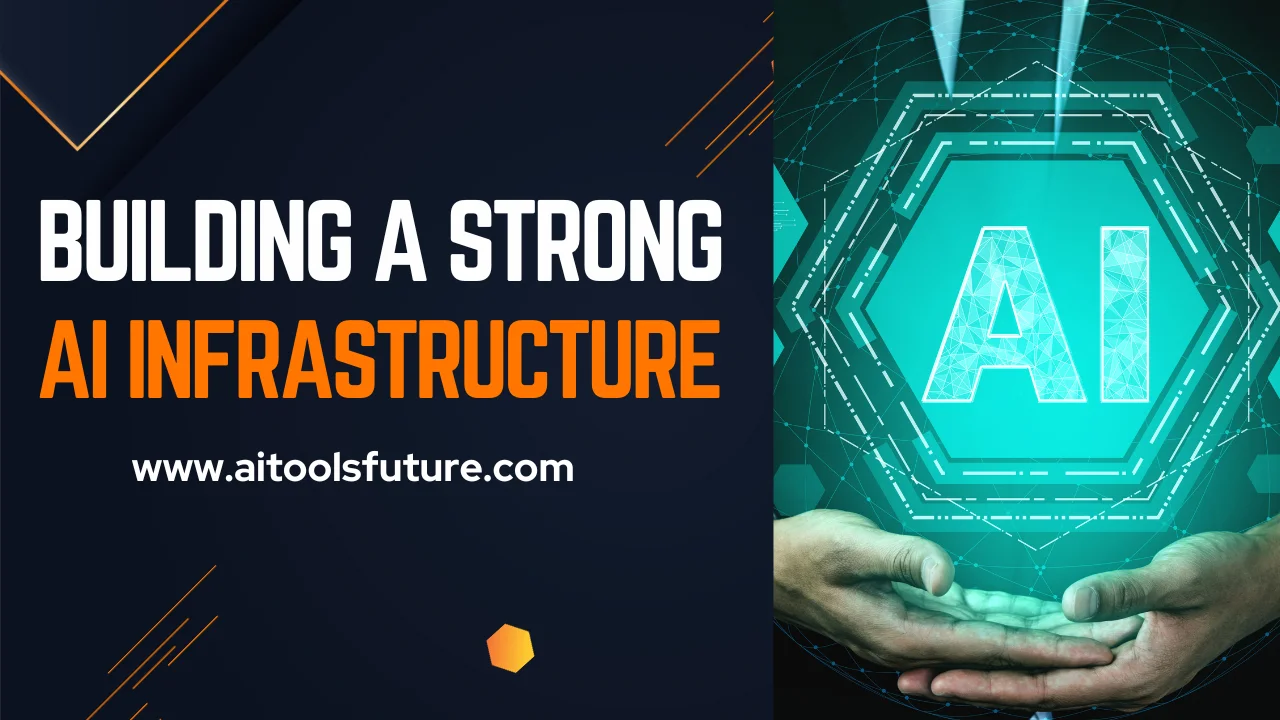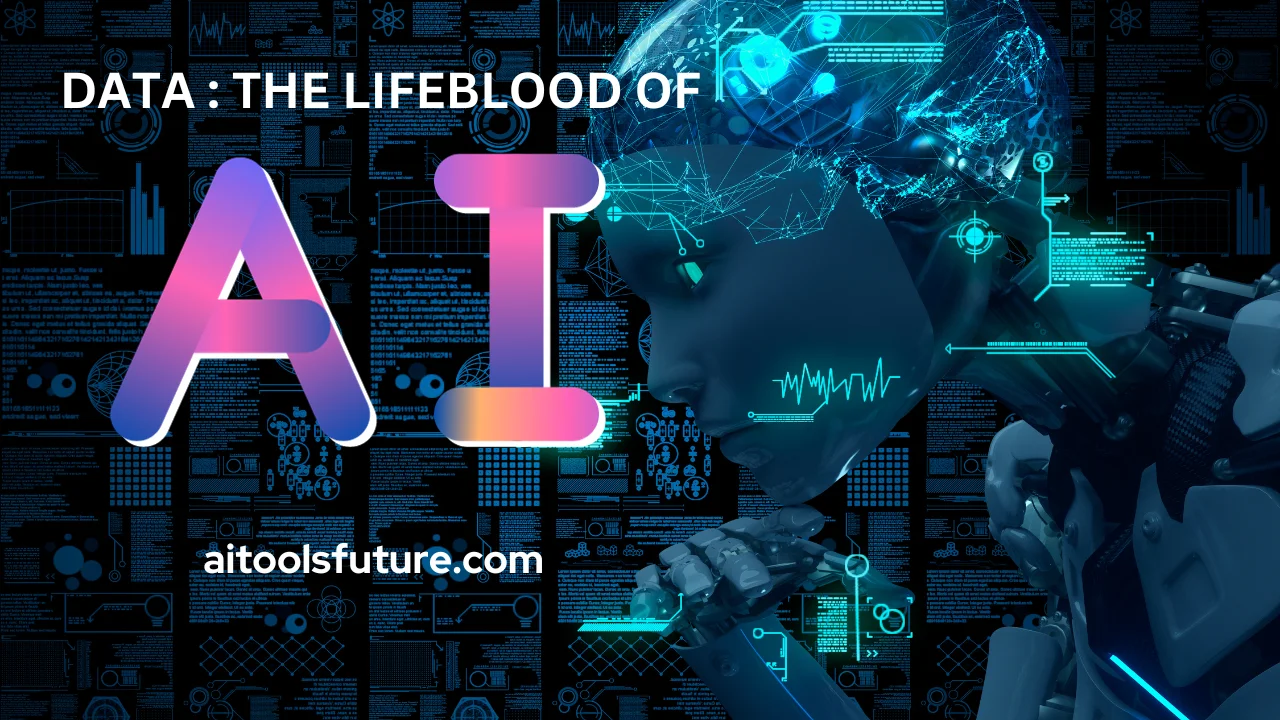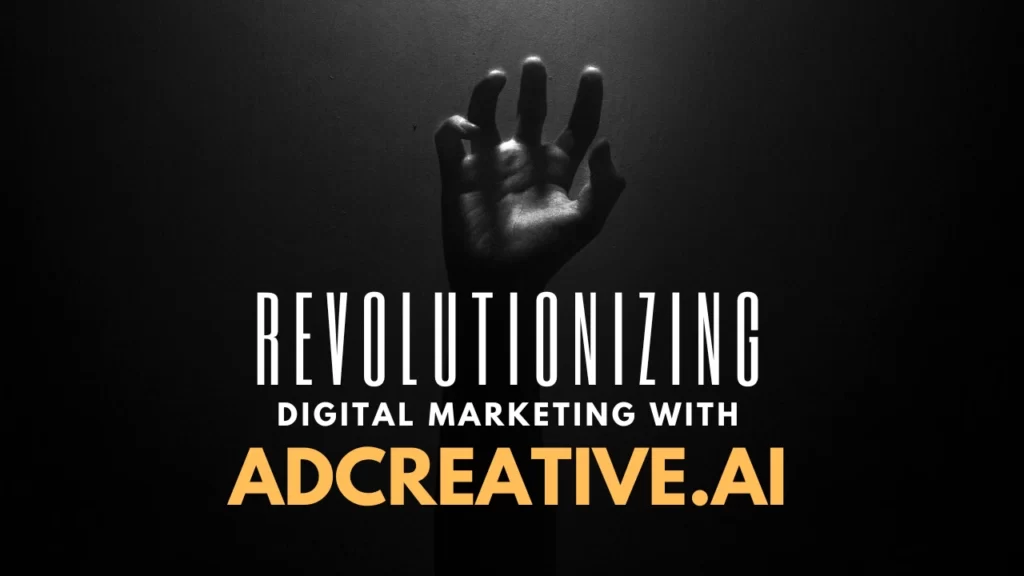In today’s rapidly evolving business landscape, the integration of Artificial Intelligence (AI) has become a crucial factor in achieving sustainable growth and maximizing Return on Investment (ROI). This transformative technology has the potential to enhance various aspects of business operations, from streamlining processes to optimizing decision-making. In this article, we will explore how AI in Business can be harnessed effectively to unlock its full potential and maximize ROI.
Understanding AI’s Role in Business
To begin with AI and ROI, it’s essential to first comprehend the pivotal role AI plays in the modern business environment. At its core, AI is a collection of advanced algorithms and machine learning models that enable computers to perform tasks that typically require human intelligence. This encompasses activities such as data analysis, pattern recognition, natural language processing, and even predictive modeling.

AI can also help businesses to create new products and services, and to enter new markets. For example, AI can be used to develop personalized marketing campaigns, to predict customer demand, and to identify new opportunities for innovation.
Identifying Key Areas : AI in Business
Before a business can maximize its ROI with AI, it must identify the specific areas where AI can be most beneficial. AI’s versatility allows it to be applied across various domains, including customer service, marketing, supply chain management, and financial forecasting. Each of these domains presents unique opportunities for AI to deliver value, but pinpointing the right ones for your business is essential.
It is also important to have a clear understanding of the goals and objectives before implementing AI in business. This will help to ensure that AI is used in a way that aligns with the business’s overall strategy.
Data: The Lifeblood of AI
To harness the power of AI effectively, businesses must recognize that data is the lifeblood of this technology. AI systems rely on vast amounts of high-quality data to train their algorithms and make accurate predictions or recommendations. Therefore, organizations should invest in robust data collection, storage, and management strategies to ensure the success of their AI initiatives.

Data Analysis and Management
Businesses can ensure that they have the high-quality data they need to train their AI systems and achieve their desired outcomes. Towards this end, some specific tips for businesses are :-
Identify the right data sources.
What data do you need to train your AI system to achieve your desired outcomes? Once you have identified the right data sources, you need to develop a plan for collecting and storing the data.
Clean and prepare the data
Data is often messy and incomplete. It is important to clean and prepare the data before training your AI system. This may involve removing errors, filling in missing values, and converting the data into a format that is compatible with your AI platform.
Manage the data life-cycle.
Data is not static. It needs to be updated and managed over time. Businesses need to develop a process for managing the data lifecycle, from collection and storage to processing and analysis.
Data security and privacy.
AI systems often process sensitive data. Businesses need to implement appropriate security and privacy measures to protect the data.
Data governance.
Businesses need to develop a policy for governing the use of AI and data. This policy should define who has access to the data, how the data can be used, and how the data will be disposed of.
Building a Strong AI Infrastructure
To maximize ROI with AI, businesses need to build a robust infrastructure that supports AI development and deployment. This involves investing in the necessary hardware, software, and expertise to ensure that AI projects can be executed seamlessly. Moreover, businesses should foster a culture of innovation and experimentation to continually improve AI capabilities and stay ahead of the competition. Here are some specific tips for businesses:
Invest in the right hardware
AI systems often require powerful hardware, such as GPUs and TPUs, to train and run efficiently. Businesses need to assess their hardware needs and invest in the right hardware to support their AI workloads.
Choose the right software platform
There are a variety of AI software platforms available, each with its own strengths and weaknesses. Businesses need to choose a platform that meets their specific needs and budget.
Build a team of AI experts
AI is a complex field, and businesses need to have a team of experts with the skills and knowledge to develop and deploy AI solutions effectively. This team may include data scientists, machine learning engineers, and AI consultants.
Foster a culture of innovation and experimentation
AI is a rapidly evolving field, and businesses need to be willing to experiment with new technologies and approaches. They should also create a culture where employees feel comfortable taking risks and learning from their mistakes.
Partner with AI vendors
There are a number of AI vendors that offer a range of products and services, such as AI consulting, development, and deployment. Businesses can partner with AI vendors to get the expertise and support they need to succeed with AI.
Use cloud computing
Cloud computing can provide businesses with access to the powerful hardware and software they need to train and run AI systems. Cloud computing can also help businesses to scale their AI infrastructure quickly and easily as their needs grow.
Leveraging AI in Business for Enhanced Customer Experience
AI has the potential to revolutionize the customer experience. Leveraging AI in business effectively will be a competitive advantage. Here are some specific examples of how AI can be used to enhance the customer experience:
AI-powered chatbots can provide 24/7 customer support and answer customer questions quickly and accurately. An increase in customer satisfaction leads to customers appreciating it when businesses are able to provide them with personalized and timely service.
Recommendation engines can help customers to discover new products and services that they are likely to be interested in. Personalized marketing campaigns can deliver relevant and targeted messages to customers, based on their individual preferences and purchase history. AI can help businesses to identify and target customers with the most relevant products and services. This can lead to increased sales and revenue growth.
Streamlining Operations and Reducing Costs
AI isn’t just about enhancing customer-facing processes; it can also revolutionize internal operations. Automation of routine tasks, predictive maintenance, and demand forecasting can significantly reduce operational costs and increase efficiency. This not only boosts ROI but also frees up human resources for more strategic and creative roles within the organization. Here are some specific examples:
Automation of routine tasks
AI can be used to automate a wide range of routine tasks, such as data entry, customer service, and order processing. This can free up employees to focus on more complex and value-added tasks.
Predictive maintenance
AI can be used to predict when machines and equipment are likely to fail. This allows businesses to take preventive action and avoid costly downtime.
Demand forecasting
AI can be used to forecast demand for products and services. This helps businesses to optimize their inventory levels and production schedules, which can lead to reduced costs and increased efficiency.
In addition to the above, AI can also be used to improve the efficiency of other business processes, such as supply chain management, financial forecasting, and risk management.
Making Informed Decisions with AI
Data-driven decision-making is a cornerstone of effective business management. AI excels in this regard by providing actionable insights derived from complex data analysis. By leveraging AI-powered analytics tools, businesses can make informed decisions faster and with greater precision, ultimately leading to more profitable outcomes. AI-powered analytics tools can help businesses to:
Identify patterns and trends in data that would be difficult or impossible to spot manually. This can help businesses to identify new opportunities, mitigate risks, and make better strategic decisions.
Quantify the impact of different decisions. This can help businesses to make more informed decisions about how to allocate resources and invest in new initiatives.
Make predictions about the future. This can help businesses to plan for the future and make better decisions about product development, marketing, and operations.
Here are some specific examples of how AI can be used to make informed decisions:
A retailer can use AI to analyze customer purchase data to identify trends and predict future demand. This information can be used to make better decisions about inventory levels, product placement, and marketing campaigns.
A manufacturer can use AI to analyze production data to identify bottlenecks and improve efficiency. This information can also be used to predict demand and ensure that the manufacturer has the right products in stock at the right time.
A financial services company can use AI to analyze customer data to identify fraud and risk. This information can be used to prevent fraud and protect customers.
By using AI to make informed decisions, businesses can improve their profitability, reduce risks, and gain a competitive advantage.
Monitoring and Measuring ROI
Maximizing ROI with AI is an ongoing process that requires vigilant monitoring and measurement. Businesses should establish key performance indicators (KPIs) and regularly assess the impact of AI initiatives on these metrics. This data-driven approach enables organizations to identify what is working and what is not, and to make necessary adjustments to their AI strategies. This is how it can be done :-
Identify the right KPIs.
The KPIs that you choose will depend on your specific AI initiatives and business goals. Some common KPIs for AI initiatives include:
- Increased sales
- Improved customer satisfaction
- Reduced costs
- Increased efficiency
- Improved decision-making
Collect data regularly
To measure the impact of your AI initiatives on your KPIs, you need to collect data on a regular basis. This data can be collected from a variety of sources, such as customer surveys, sales data, and operational data.
Analyze the data
Once you have collected data, you need to analyze it to identify trends and patterns. This will help you to understand how your AI initiatives are impacting your KPIs.
Make adjustments
Based on the analysis of your data, you may need to make adjustments to your AI strategies. For example, you may need to retrain your AI models or change the way that you are using AI.
Embracing AI in Business as a Competitive Advantage
In today’s fiercely competitive environment, embracing AI in business isn’t just an option; it’s a necessity. Companies that harness AI effectively gain a competitive edge by delivering superior products and services, optimizing operations, and making data-driven decisions. This competitive advantage directly translates into higher ROI and long-term sustainability. AI can help businesses to:
Deliver superior products and services
AI can be used to develop new products and services, to improve existing products and services, and to personalize products and services for individual customers.
Optimize operations. AI can be used to automate tasks, to improve efficiency, and to reduce costs.
Make data-driven decisions
AI can be used to analyze data and to identify patterns and trends that would be difficult or impossible to spot manually. This information can be used to make better decisions about product development, marketing, operations, and other aspects of the business.
Here are some specific examples of how businesses are using AI to gain a competitive advantage:
- Netflix uses AI to recommend movies and TV shows to its customers. This helps Netflix to keep its customers engaged and to reduce churn.
- Amazon uses AI to recommend products to its customers and to optimize its supply chain. This helps Amazon to increase sales and to reduce costs.
- Google uses AI to improve the search results that it provides to its users. This helps Google to maintain its market leadership in the search engine market.
These are just a few examples of how businesses are using AI to gain a competitive advantage. AI is a powerful tool that can be used by businesses of all sizes to improve their performance.
key Takeaways from the article
AI has the potential to revolutionize the way businesses operate and compete. Businesses that are able to leverage AI effectively will be at a significant competitive advantage.
AI can be used to enhance customer experiences, streamline operations, and make informed decisions.
To maximize ROI with AI, businesses need to identify the right areas for implementation, invest in data infrastructure, and continuously innovate.
AI is a powerful tool that can help businesses to gain a competitive advantage.
It is important for businesses to embrace AI in a responsible and ethical way. Businesses should use AI to benefit society as a whole, and they should avoid using AI to harm people or to discriminate against them.
Recommended Reading : Best AI Tools for Business
To Wrap Up
To conclude AI’s transformative potential in the business world is undeniable. To maximize ROI with AI, businesses must adopt a strategic approach, identify the right areas for implementation, invest in data infrastructure, and continuously innovate. By leveraging AI to enhance customer experiences, streamline operations, and make informed decisions, organizations can unlock substantial ROI and secure their position in the ever-evolving marketplace.



